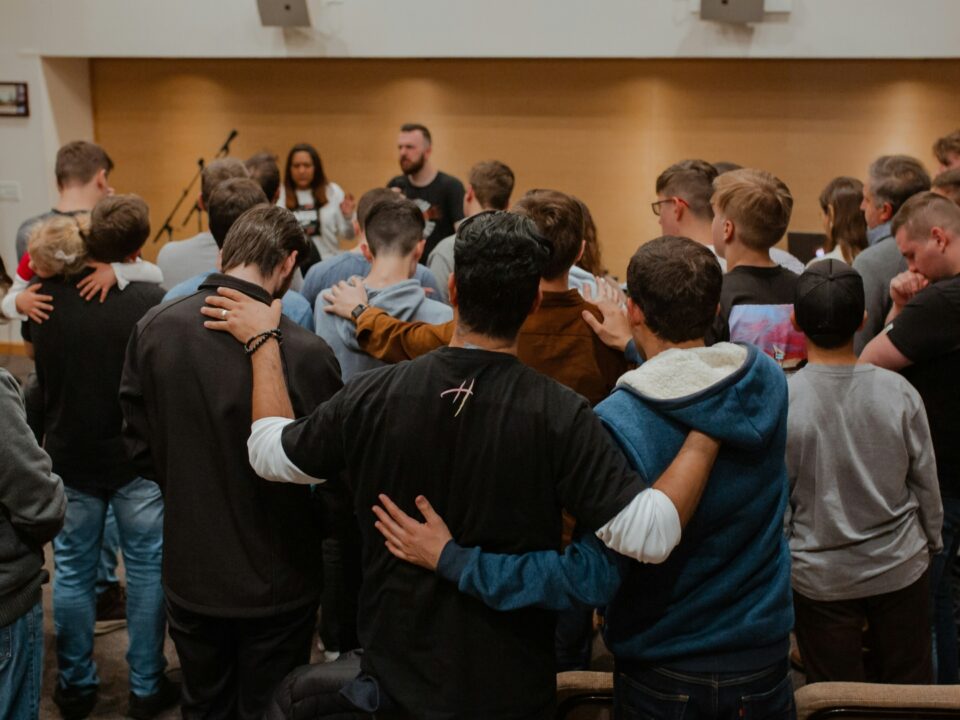Cultures & the Gospel

It is the power of Christ that indwells the message of the Gospel, that changes a person’s eternal destiny. We live in an interconnected world of diverse cultures. As believers, we need to acquaint ourselves with different worldviews so we can help people see how God’s Word applies to them. Their understanding of sin and salvation is not the same as ours. Does the Bible only speak to the Western culture? Must everyone become “western” before they can become a Christian? To communicate God’s truth, we need to understand where they are coming from. The Shame/Fear/Guilt model of classification can help us make sense of the differences we see. Most cultures are mixtures of shame/honor, fear/power, and guilt/innocence. However, one type often dominates. About 30% of the world is predominantly guilt/innocence, while 60-70% is honor/shame or fear/power. Let’s look quickly at these cultures closely.
1. Shame – Honor culture
In a shame culture your standing before other people depends on your level of shame or honor. The issue isn’t right or wrong but honorable or dishonorable.
It’s like there is an imaginary scale that has shame on one side and honor on the other and the things you do, the things you say, and the ways you behave can tip the scale in one direction or the other. Self-expression and fulfillment are less important than group success and honor. People are shamed for not fulfilling group expectations and seek to restore their honor before the community. If you have been shamed, the way to recover your reputation is to do something that will restore your honor.
Illustration: A couple of years ago we saw an example of this in Ontario, Canada when a Muslim father took action to restore his honor.
His daughters had been rebelling against him by drifting from Islam and embracing Western values. This shamed him in the eyes of his community, and he responded by murdering all three of his girls in what is known as an “honor killing.” He deemed this act necessary to restore his honor. And, within his own community, it did.
Therefore, to be a follower of Jesus Christ might bring shame upon the family.
As a result, many will not shame their families or traditions by trusting in Jesus. Shame-honor cultures are common in the Middle East.
2. Fear – Power culture
In a fear culture your standing depends on your level of fear or power you have.
Fear is what controls people and forces them to conform to the culture around them. Fear cultures usually refer to animistic contexts and are typically tribal, where people are afraid of evil and harm. They fear unseen forces such as evil spirits, curses, and ancestors.
Illustration: A person became angry with a church in Africa. He killed a chicken and mixed its blood with the feathers and with herbs and spices. He placed this concoction on the four corners of the property and prayed a curse upon the people of the church. They were concerned but I reminded them that “greater is He that is in us, than he that is in the world.” I also reminded them that many people in our churches in the US were praying for us. In the end, nothing happened.
The way to overcome fear is to gain peace or power over those spirits, or through them. You can do this through curses, incantations, charms, magical rituals, or even sacrifices. Each of these is a means to draw power from those supernatural forces, those angry spirits, and in that way to gain power over people. People seek for peace in their lives. To do that, they try to appease or manipulate the spirits to act in your favor.
3. Guilt – Innocence culture
In a guilt culture, your standing depends on your level of guilt or innocence.
These cultures are obsessed with justice, with keeping people in-check with standards of right and wrong. So, from their earliest days children are taught to follow the rules and are told they will be innocent if they obey those rules or guilty if they disobey them. Adults are kept in-check with endless lists of laws and, when offended, are quick to bring charges against other people in the hope that they will be found guilty. We teach children to be law-abiding and expect them to develop a conscience. Every person experiences the desire to avoid guilt and protect innocence. They are mostly in Western cultures where people who break the laws are guilty and seek justice or forgiveness to make right a wrong. When a person understands their guilt before God, they can seek forgiveness.
It is fascinating to consider that all three of these cultures are previewed in the Bible. Genesis 3 tells how humanity ended up so full of sin and trouble.
You will read of the first human beings rebelling against God and we see that there are consequences to their rebellion. Right after their sin, they experienced shame, symbolized in the sudden knowledge that they are naked and their desire to cover themselves. They experienced fear as they ran and hide from God, desperate to escape His gaze. They experienced guilt, knowing that they have gone from being innocent to guilty in the eyes of God. In every instance they were right. They had every reason to experience shame, fear, and guilt because they had behaved shamefully, they had offended a powerful God, and they had become objectively guilty of a divine law.
This is how our world is today as well. However, just as the Bible describes how all three of these are consequences to human rebellion, it assures us that the Gospel provides the perfect solution. The Gospel addresses shame by telling how Christ was shamed on our behalf to restore our honor. The Gospel addresses fear by telling how Christ has defeated every power and how He even gives His power to us. He has power over death and the grave. We can have peace with God. And the Gospel addresses guilt by assuring us that Christ took our guilt upon Himself so He could give us His righteousness and innocence.
The Gospel removes shame, it removes fear, and it removes guilt. The Gospel restores honor, it restores power, it restores innocence and righteousness before a holy God. That is the power of the Gospel! It speaks to every person in every culture and addresses their every need.
This is why the BBFI has for 74 years worked hard to pierce the darkness with the Light of God’s Word. If we don’t know people’s worldview and culture, we might find it difficult to communicate God’s love in ways that will make sense to them. It’s all about people hearing the Gospel of Jesus Christ in a way they can understand it!




